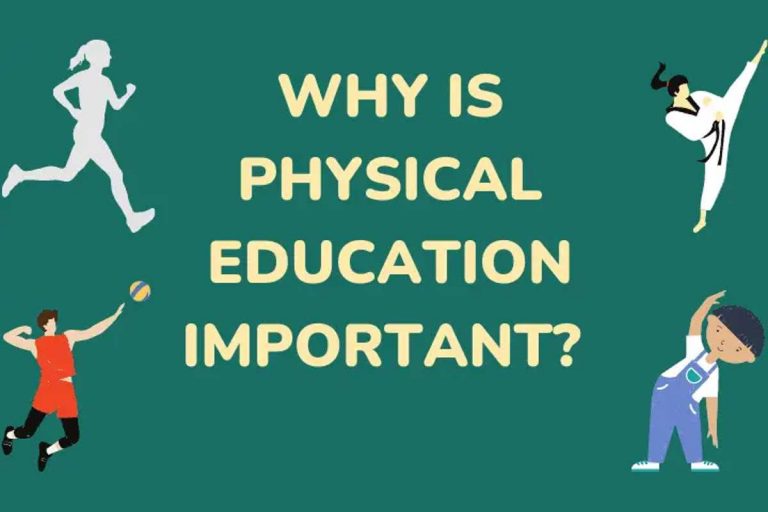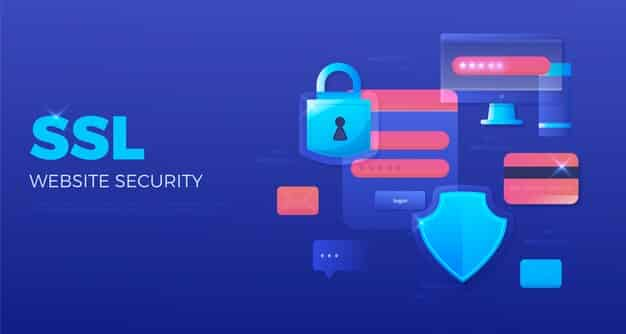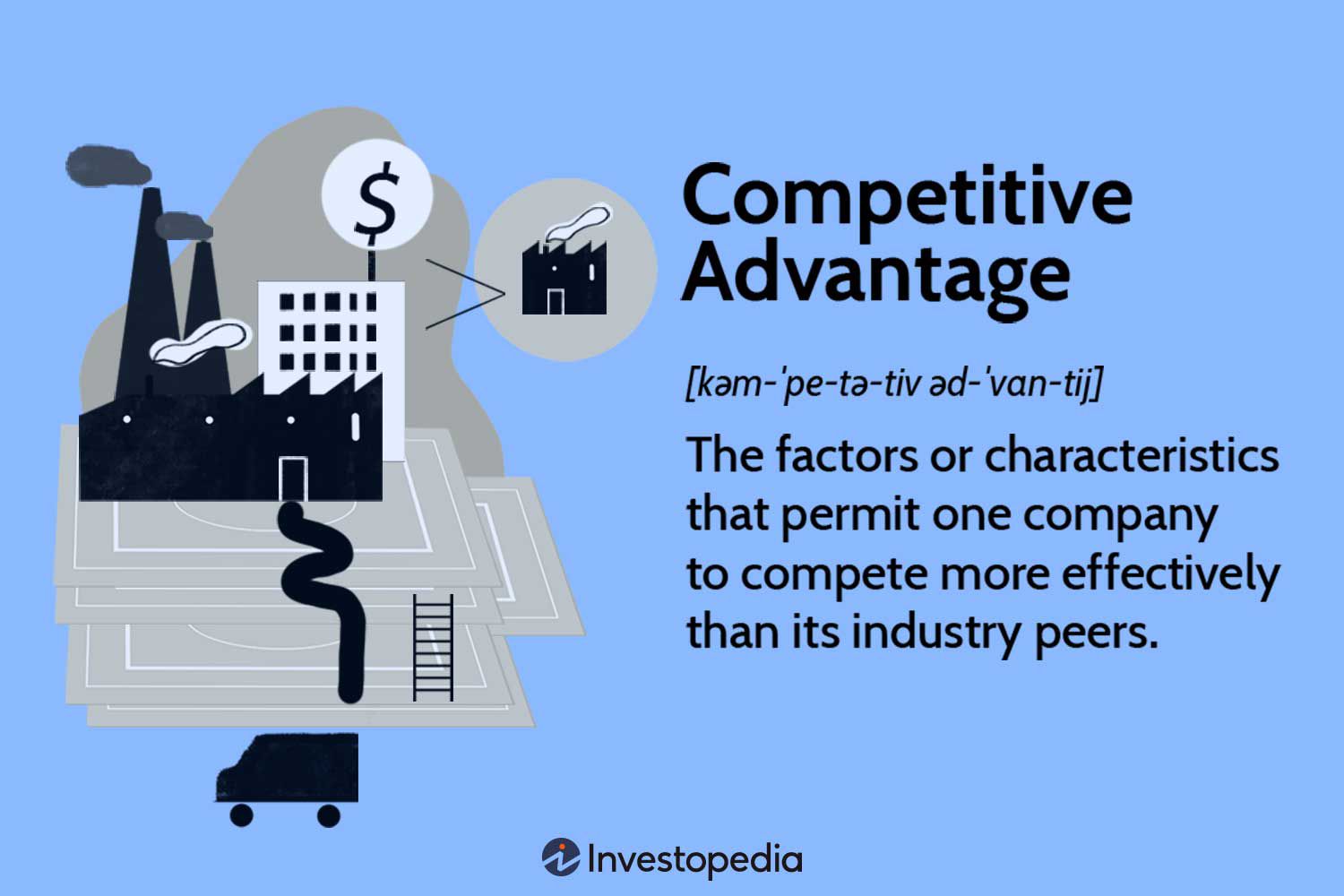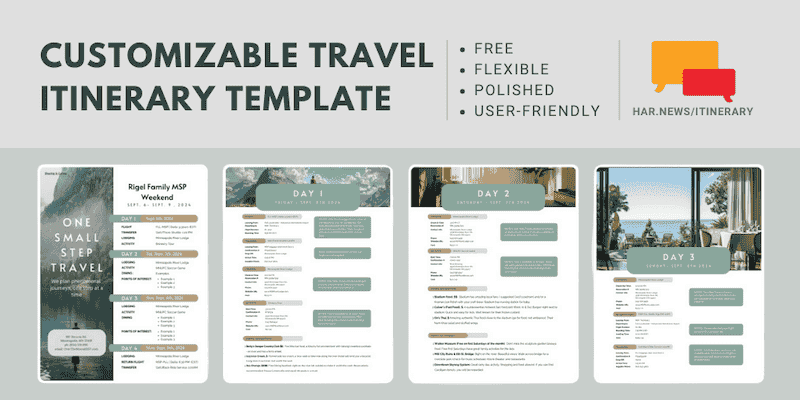How to Become an Educational Consultant
Mia Wilson
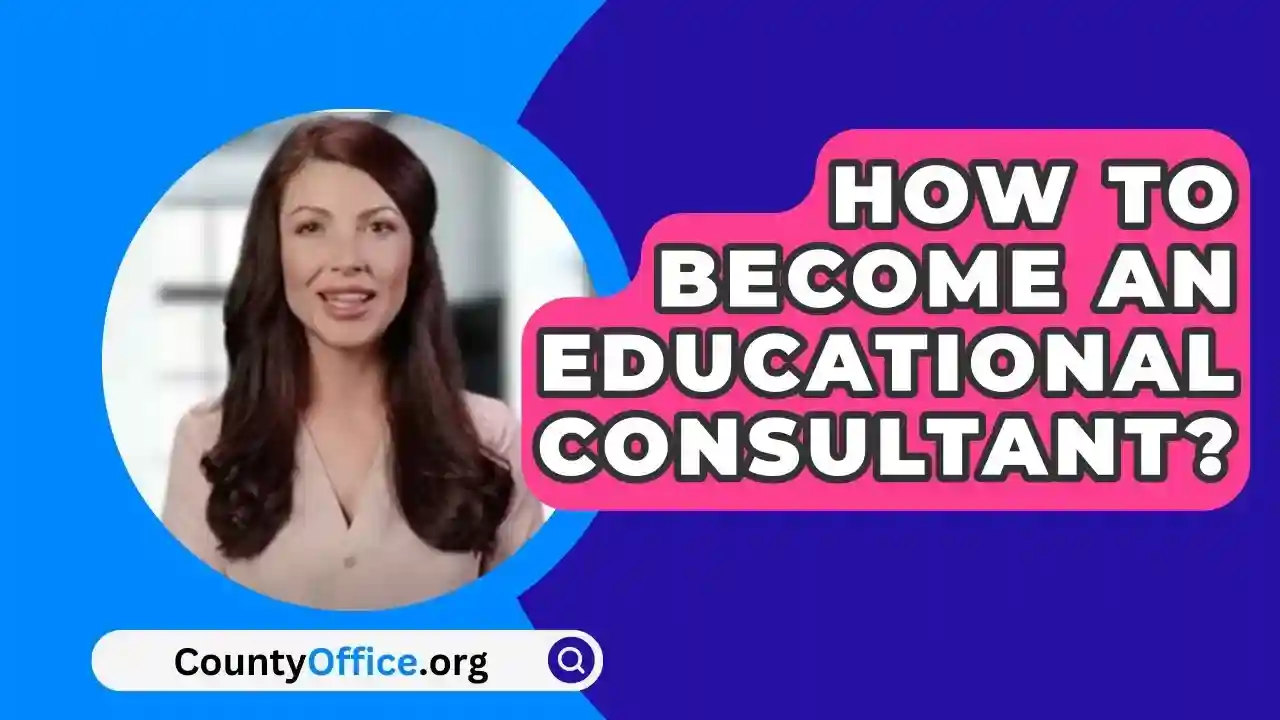
Photo: How to Become an Educational Consultant
How to Become an Educational Consultant: A Comprehensive Guide
Introduction
In today's rapidly evolving educational landscape, schools, colleges, and educational organizations increasingly seek expert guidance to navigate challenges and implement effective strategies. This demand has paved the way for the role of educational consultants. If you're passionate about education and eager to make a meaningful impact, becoming an educational consultant might be the ideal career path for you. This article delves into the steps, skills, and strategies required to embark on this rewarding profession.
Understanding the Role of an Educational Consultant
Educational consultants are professionals who provide expertise to educational institutions, families, and students. Their responsibilities can range from curriculum development and instructional strategies to college admissions counseling and special education services. By leveraging their knowledge, educational consultants help organizations and individuals achieve their educational goals, improve performance, and address specific challenges.
Essential Qualifications and Education
Academic Background
A solid educational foundation is crucial for aspiring educational consultants. Most professionals in this field hold at least a bachelor's degree in education, psychology, or a related discipline. However, many positions, especially those involving higher-level consulting, require a master's degree or even a doctoral degree. Advanced studies not only provide in-depth knowledge but also enhance credibility in the competitive consulting market.
Specialized Certifications
Obtaining relevant certifications can significantly boost your qualifications. Certifications such as the Certified Educational Planner (CEP) or credentials from recognized educational associations demonstrate your commitment to the profession and expertise in specific areas. These certifications often require a combination of education, experience, and passing comprehensive exams.
Gaining Relevant Experience
Teaching and Administrative Experience
Practical experience in educational settings is invaluable. Many educational consultants begin their careers as teachers, administrators, or counselors. This hands-on experience provides a deep understanding of the educational system, student needs, and institutional challenges. It also helps in building a network of professional contacts, which can be beneficial when starting a consulting practice.
Specializing in a Niche
Identifying a niche can set you apart in the consulting field. Whether it's special education, curriculum development, technology integration, or college admissions, specializing allows you to offer targeted expertise. Focusing on a specific area enables you to develop deeper knowledge and become a sought-after expert in that domain.
Developing Key Skills
Analytical and Problem-Solving Skills
Educational consultants must analyze complex situations and devise effective solutions. Strong analytical skills enable you to assess educational programs, identify gaps, and recommend improvements. Problem-solving abilities are essential for addressing diverse challenges faced by educational institutions and individuals.
Communication and Interpersonal Skills
Effective communication is at the heart of consulting. You must convey ideas clearly, listen actively, and engage with various stakeholders, including educators, administrators, parents, and students. Building rapport and fostering collaborative relationships are crucial for successful consulting engagements.
Project Management
Managing multiple projects simultaneously is a common aspect of consulting. Organizational skills, time management, and the ability to prioritize tasks ensure that you meet deadlines and deliver high-quality outcomes. Proficiency in project management tools can enhance your efficiency and effectiveness.
Building Your Consulting Practice
Creating a Business Plan
A well-structured business plan is essential for establishing your consulting practice. It outlines your services, target market, pricing strategy, marketing plan, and financial projections. A comprehensive business plan serves as a roadmap, guiding your efforts and helping secure funding if needed.
Marketing Your Services
Effective marketing strategies are vital for attracting clients. Utilize digital marketing techniques such as search engine optimization (SEO), content marketing, and social media engagement to increase your online presence. Networking through educational conferences, workshops, and professional associations can also generate referrals and build your reputation.
Setting Competitive Rates
Determining appropriate pricing for your services requires careful consideration of factors like your experience, expertise, market demand, and the value you provide. Research industry standards and consider offering different pricing models, such as hourly rates, project-based fees, or retainer agreements, to cater to various client needs.
Leveraging Technology in Consulting
Utilizing Educational Tools
Incorporating technology can enhance your consulting services. Tools for virtual meetings, project management, data analysis, and educational assessment can streamline your workflow and improve client interactions. Staying updated with the latest educational technologies ensures you offer relevant and effective solutions.
Building an Online Presence
An informative and user-friendly website is crucial for establishing credibility. Include details about your services, qualifications, client testimonials, and contact information. Additionally, maintaining a blog with insightful articles on educational topics can position you as an authority in the field and improve your website's SEO.
Continuing Professional Development
Staying Informed
The educational sector is dynamic, with constant changes in policies, technologies, and teaching methodologies. Engaging in continuous learning through workshops, seminars, webinars, and professional courses ensures you remain informed about the latest trends and best practices.
Joining Professional Associations
Membership in professional organizations, such as the National Association of Educational Consultants (NAEC) or the Association for Supervision and Curriculum Development (ASCD), provides access to valuable resources, networking opportunities, and industry updates. Active participation in these associations can enhance your professional standing and open doors to new opportunities.
Challenges and Rewards of Being an Educational Consultant
Navigating Challenges
Like any profession, educational consulting comes with its challenges. Building a client base can be time-consuming, and the competitive landscape requires continuous effort to stand out. Additionally, balancing multiple projects and managing client expectations demands strong organizational skills and resilience.
Experiencing Rewards
Despite the challenges, the rewards of being an educational consultant are substantial. Helping institutions improve their educational offerings or assisting students in achieving their academic goals can be highly fulfilling. The ability to influence positive change and contribute to the advancement of education provides a sense of purpose and satisfaction.
Conclusion
Becoming an educational consultant offers a unique opportunity to blend passion for education with professional expertise. By acquiring the necessary qualifications, gaining relevant experience, developing essential skills, and strategically building your practice, you can establish a successful career in this field. Embrace continuous learning, leverage technology, and stay connected with the educational community to thrive as an educational consultant. As the demand for expert guidance in education continues to grow, your role as a consultant will be pivotal in shaping the future of learning and development.
For You
View AllDiscover the key details of the Paris Agreement and its global impact. Learn why it matters and what you can do. Click to stay informed!
Mia Wilson
Discover the advantages of urban microcars for city living, from parking ease to eco-friendliness. Learn why they’re the future!
Mia Wilson
Learn why physical education is essential for health, academics, and personal growth. Get inspired to stay active!
Mia Wilson
Discover effective strategies to protect your VPS from cyber threats.
Mia Wilson
Discover what competitive advantage means and how businesses achieve it. Click to gain actionable insights!
Mia Wilson
Save time with these customizable travel itinerary templates. Download, edit, and plan your perfect trip with ease!
Mia Wilson
Education
View All
April 18, 2025
What Is Special Education?
Dive into special education, its purpose, and how it supports students with unique needs. Learn how it changes lives!
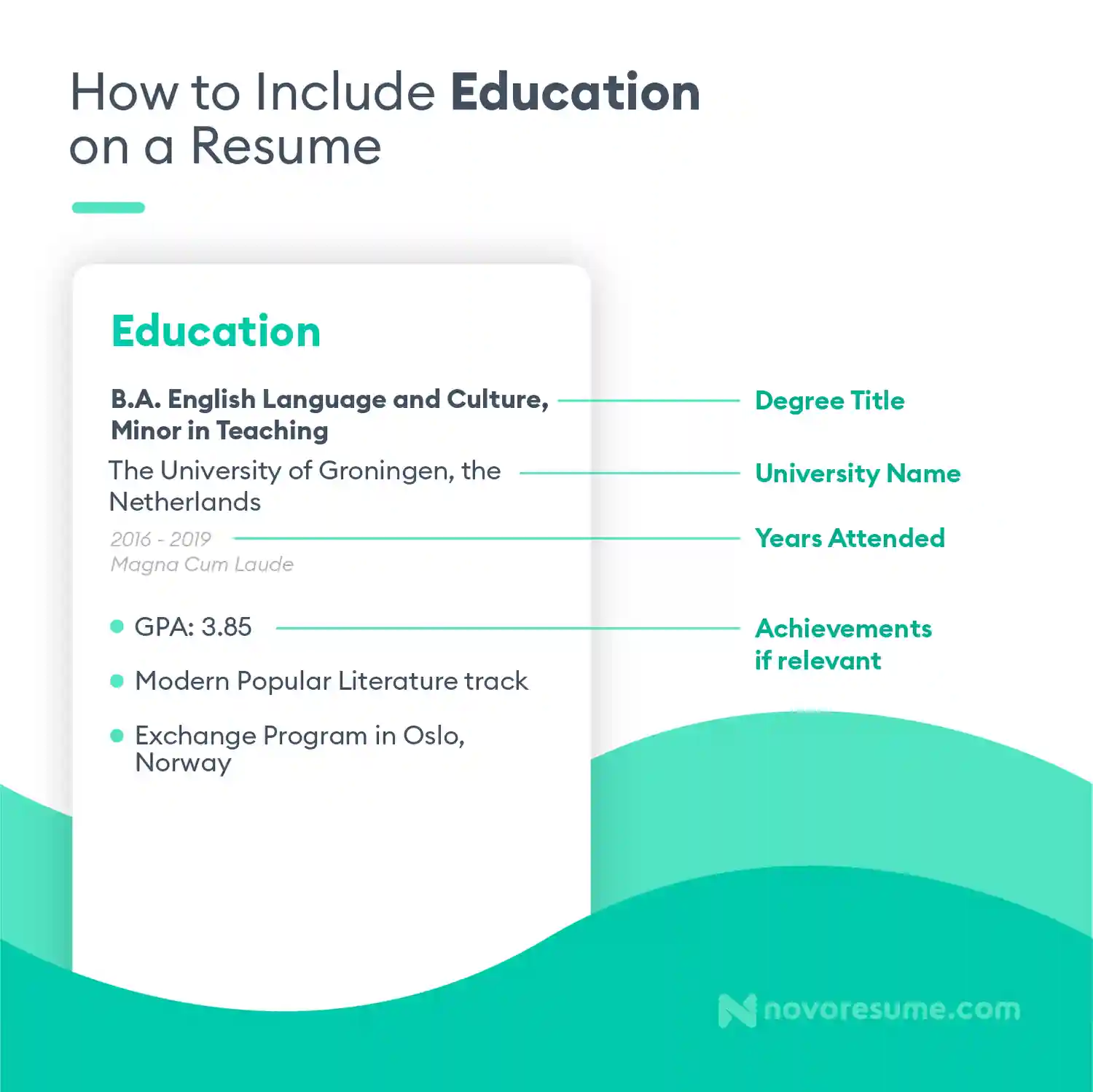
April 26, 2025
How to List Education on Your Resume
Discover the best ways to showcase your education on a resume for maximum impact. Land your dream job now!
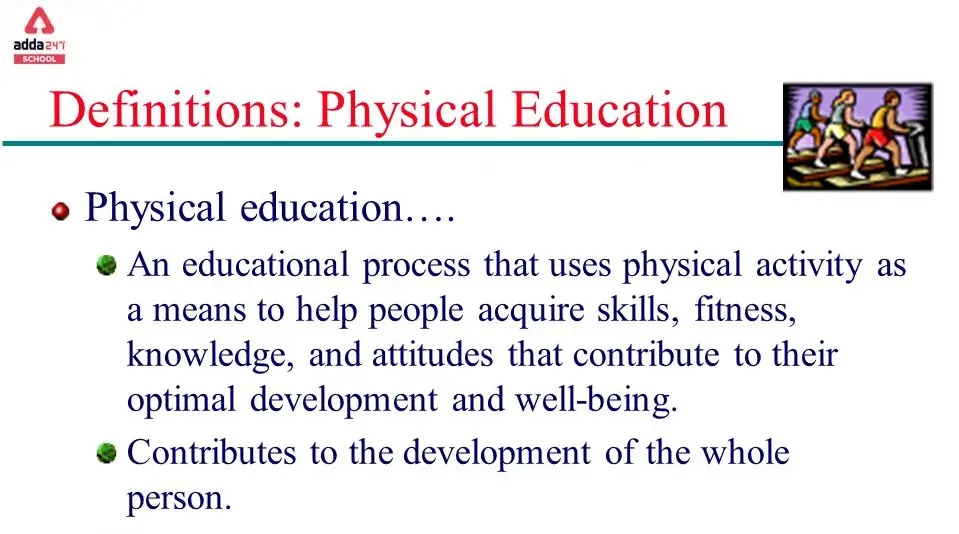
April 14, 2025
What Is Physical Education? Explained!
Discover the importance of physical education, its benefits, and why it's crucial for overall development. Learn more now!


